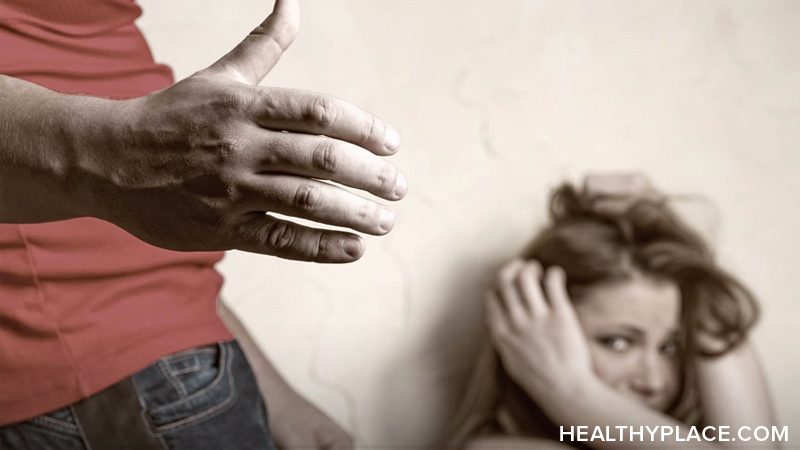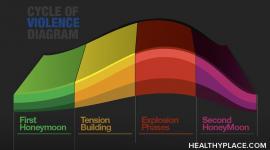Causes of Domestic Violence, Domestic Abuse

Research points to many causes of domestic violence, but all of these causes and risk factors have one underlying commonality: the abuser feels the need to exert complete control over his or her partner. Some studies indicate that a cause of domestic violence stems from an intersection of both environmental and individual factors. Essentially, this means that abusers learn to use abusive tactics to control others from the influence of family members, people around them, and cultural traditions as they grow from children to adults.
Are Abuse Victims One of the Causes of Domestic Violence?
Experts do not agree on the underlying causes of domestic violence, but they do agree that the victim never asks for or causes domestic abuse. Although most victims of domestic abuse are women, men can suffer at the hands of an abusive partner as well. (Domestic Violence Against Men: Male Victims of Domestic Abuse) The abuser tears down the victim's self esteem gradually over time to gain control over them. They may convince the victim that she deserves the abuse or provoked it in some way, causing the abuser to "lose control". This represents a classic control tactic of abusers – convincing the victim that they cause the violence and bring it upon themselves. Victims do not cause the abuse; the abuser is in complete control of his or her behavior.
What Causes Domestic Violence?
What causes domestic violence to become the norm for an abuser? Most domestic abusers grew up witnessing domestic abuse and violence in their own homes. They learned to view physical and emotional violence as valid ways to vent anger and cope with their own internal fears and self-perception issues. The modeling they saw while growing up gets reinforced in these ways:
- Using violence and abuse tactics worked to solve problems for them in the past
- They have established tremendous control over others through abuse tactics
- No one has stopped them or reported them to authorities
Common triggers that set off an abuser:
- Disagreement with their intimate partner
- Protracted periods of unemployment
- Financial issues
- Desperation when partner threatens to leave
- Anger escalation
- Humiliation stemming from problems at work or other perceived failures
- Jealousy and envy
Many experts believe psychopathology, developed by growing up in a violent and abusive household causes domestic violence to continue as a generational legacy. Witnessing abuse as the norm, or being abused, destroys the child's ability to trust others and undermines his or her ability to control emotions. This produces hostile, dependant, and emotionally insecure people with a deeply impaired ability to develop and maintain healthy relationships.
Other experts believe genetic predisposition plays a part in the formation of an abuser, but very few studies offer definitive data to support this. In cultures where traditional beliefs endure that put women beneath men in status and personhood, domestic violence is rampant.
Even though the causes of domestic abuse remain poorly understood, it's critical that society stands strong against the crime of domestic violence and support laws and social programs put in place to stop the cycle.
APA Reference
Gluck, S.
(2021, December 17). Causes of Domestic Violence, Domestic Abuse, HealthyPlace. Retrieved
on 2026, January 30 from https://www.healthyplace.com/abuse/domestic-violence/causes-of-domestic-violence-domestic-abuse



